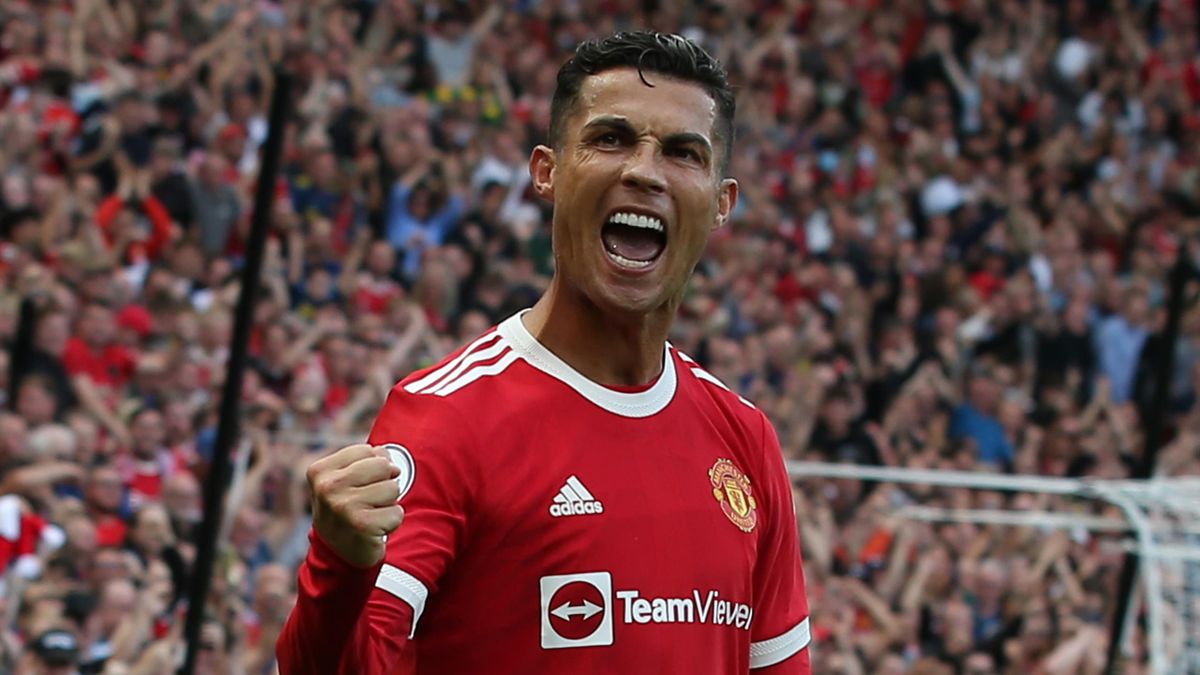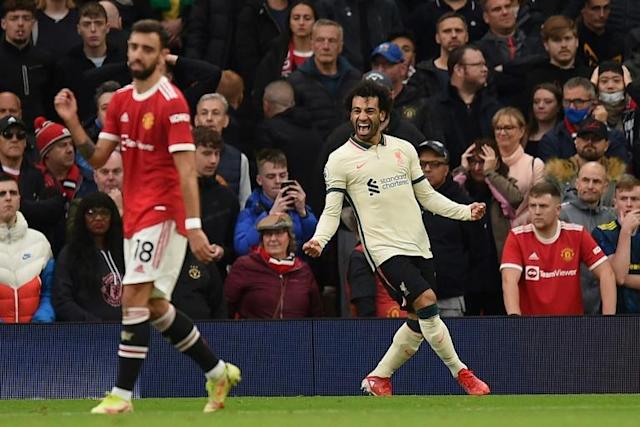Study: Ronaldo could earn £600k per social media post
November 15, 2021
The Premier League is the most-watched sports league in the world, with a potential TV audience of 4.7 billion people, but which teams are capturing the public’s attention the most and who has the happiest fans?
Currys PC World explored the world of the online football fandom to reveal which Premier League teams and players are fan favourites, and which are the target of the most ridicule.
The most popular Premier League teams and players online
- New signing, Cristiano Ronaldo is by far the most-searched-for player in the Premier League, receiving 4.1 million searches per month
- Combining the search figures for all individual players of each Premier League squad, Manchester United has the highest total search volume (9.4 million per month)
- Brentford FC and Brighton & Hove Albion are the least-searched-for Premier League teams, receiving a respective 195k and 153k searches per month
|
Top 10 most-searched-for Premier League Teams |
|||
|
Rank |
Football club |
Global search volume (monthly) |
Most-searched-for player |
|
1 |
Liverpool |
18,000,000 |
Mohamed Salah |
|
2 |
Manchester United |
14,000,000 |
Cristiano Ronaldo |
|
3 |
Arsenal |
9,500,000 |
Thomas Partey |
|
4 |
Chelsea |
7,700,000 |
Kai Havertz |
|
5 |
Manchester City |
3,800,000 |
Kevin De Bruyne |
|
6 |
Leeds United |
3,400,000 |
Patrick Bamford |
|
7 |
Tottenham Hotspur |
3,400,000 |
Harry Kane |
|
8 |
Everton |
2,300,000 |
James Rodríguez |
|
9 |
Aston Villa |
1,800,000 |
Jack Grealish |
|
10 |
Leicester City |
1,600,000 |
Jamie Vardy |
Despite the league taking place in the UK, these searches are occurring all around the world, with a large volume of searches for the top three teams coming from the US and India.
Cognitive anthropologist Dr Martha Newson explained why the Premier League is so highly followed around the globe: “The reason the Premier League is popular globally is partly a legacy of colonialism – when football was first exported with colonialists in the late 1800s, some teams were effectively exported too. As televisions became more available in the mid-20th century, only Premier League teams would have been available to watch internationally.”

The amount Premier League teams could be earning from social media
- Manchester United is the most-followed team on social media, with 71.4 million fans across Instagram, Twitter and YouTube
- Manchester United could be raking in as much as £89.8k per social media post if they were to monetise their accounts
- Cristiano Ronaldo of Manchester United, as the most-followed Premier League player (407.8 million followers), could be earning £602.8k per social media post
|
The biggest social media influencers of the Premier League |
|||
|
Rank |
Football club |
Total social media followers (million) |
Est. potential earning per social media post (£) |
|
1 |
Manchester United |
71.4 |
89,778 |
|
2 |
Liverpool |
55 |
63,060 |
|
3 |
Chelsea |
47.8 |
59,955 |
|
4 |
Arsenal |
39.5 |
55,503 |
|
5 |
Manchester City |
38.2 |
40,631 |
|
6 |
Tottenham Hotspur |
18.3 |
21,647 |
|
7 |
Leicester City |
7.7 |
8,515 |
|
8 |
Everton |
5.3 |
7,645 |
|
9 |
West Ham United |
3.8 |
5,752 |
|
10 |
Newcastle United |
2.5 |
4,824 |
With social media performing as an effective marketing tool, it’s possible that the online status of a football player could impact purchasing decisions during the transfer window.
Newson says: “When recruiting players, a club’s primary interest is in their abilities on the pitch, but social media influence has added an additional component – the club is effectively endorsed every time someone sees Mo Salah wearing a Liverpool shirt, for example – so these financial implications will be taken into consideration by the club.”

The role of social media in football fandom
Today, as mentioned above, top Premier League clubs such as Manchester United have garnered social media followings as high as 71 million across Instagram, Twitter and YouTube, and players like Paul Pogba are not far behind on an individual level (54.8 million across Instagram and Twitter). So, it’s evident that social media plays a significant role in the football industry. It can shape the fan experience and the public portrayal of players and clubs, by creating a two-way stream of communication, and an open platform for expression. This means it also has the potential to hugely influence the views and opinions of those following.
Newson says: “In the future, I would expect to see opportunities for direct relationships between fans and clubs strengthened over social media. This might take the form of more interactive social media channels, incorporating fan vlogs and fan-led social media.”
While the growth of social media can have a very positive impact on the relationships between fans, teams and players, it can also facilitate toxic behaviour.
“Clubs, as money-making operations, have a social responsibility to ensure that no hate is generated on their platforms, that there is opportunity for diversity and engagement, and that they showcase positive role models from diverse backgrounds, communities, and levels in the game,” adds Newson.
